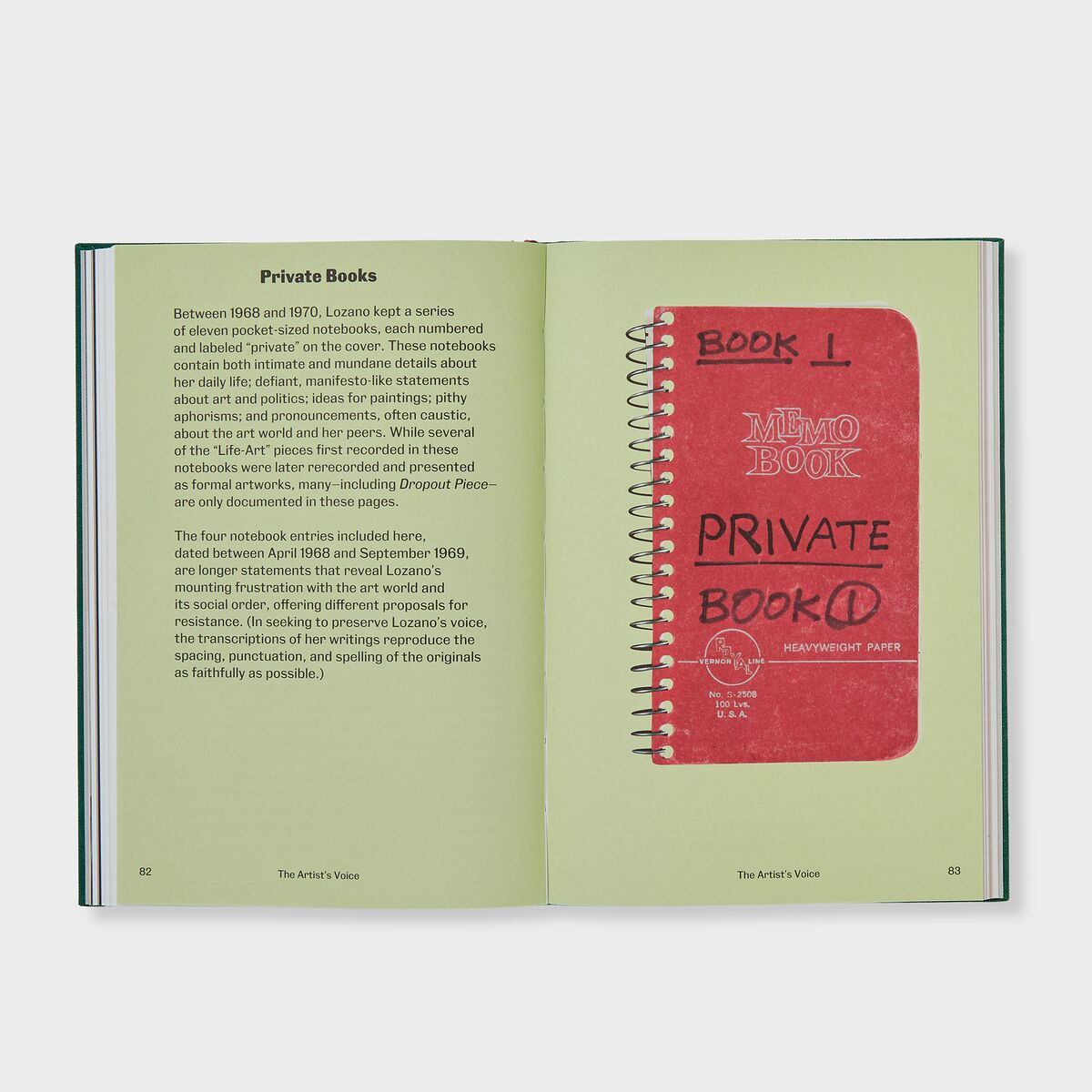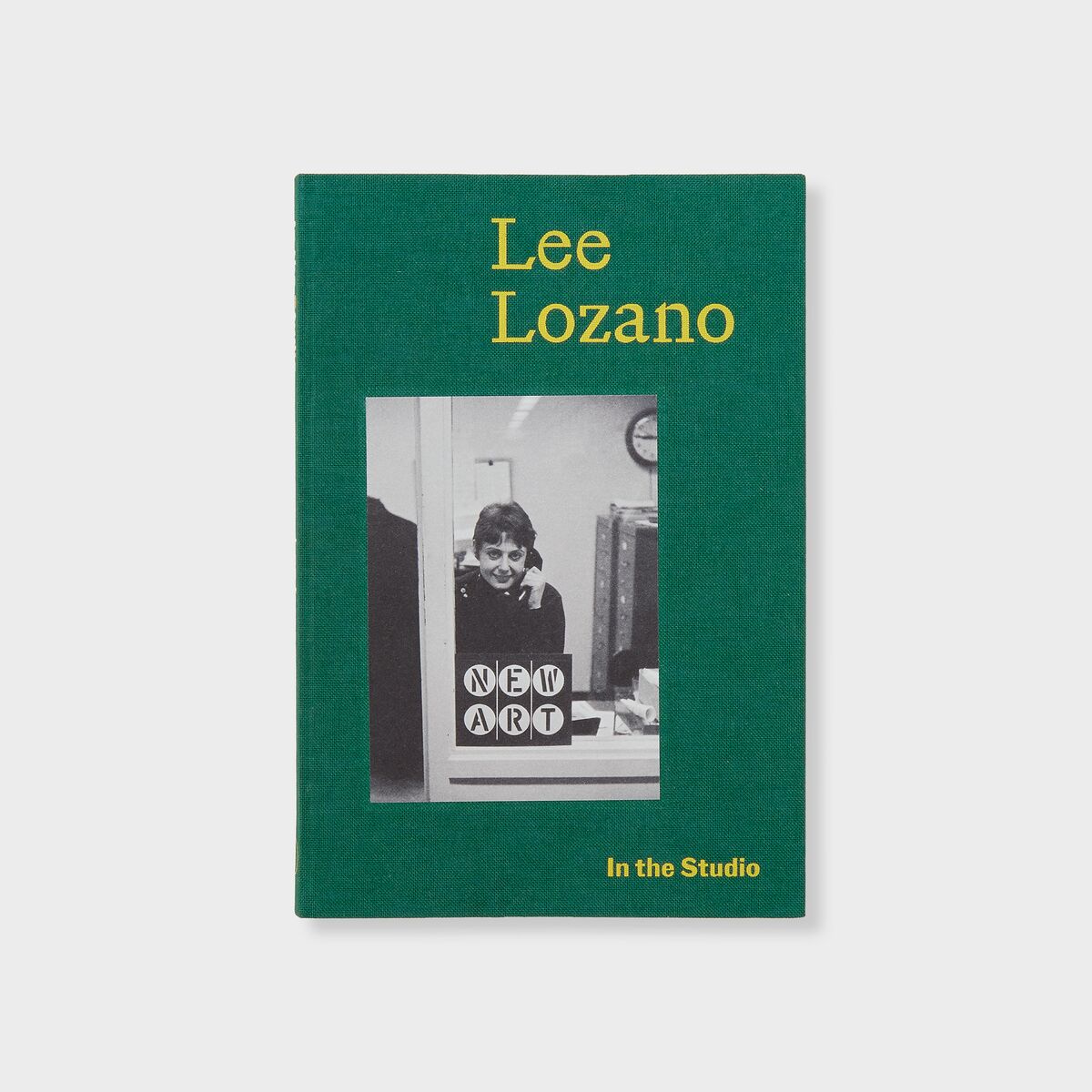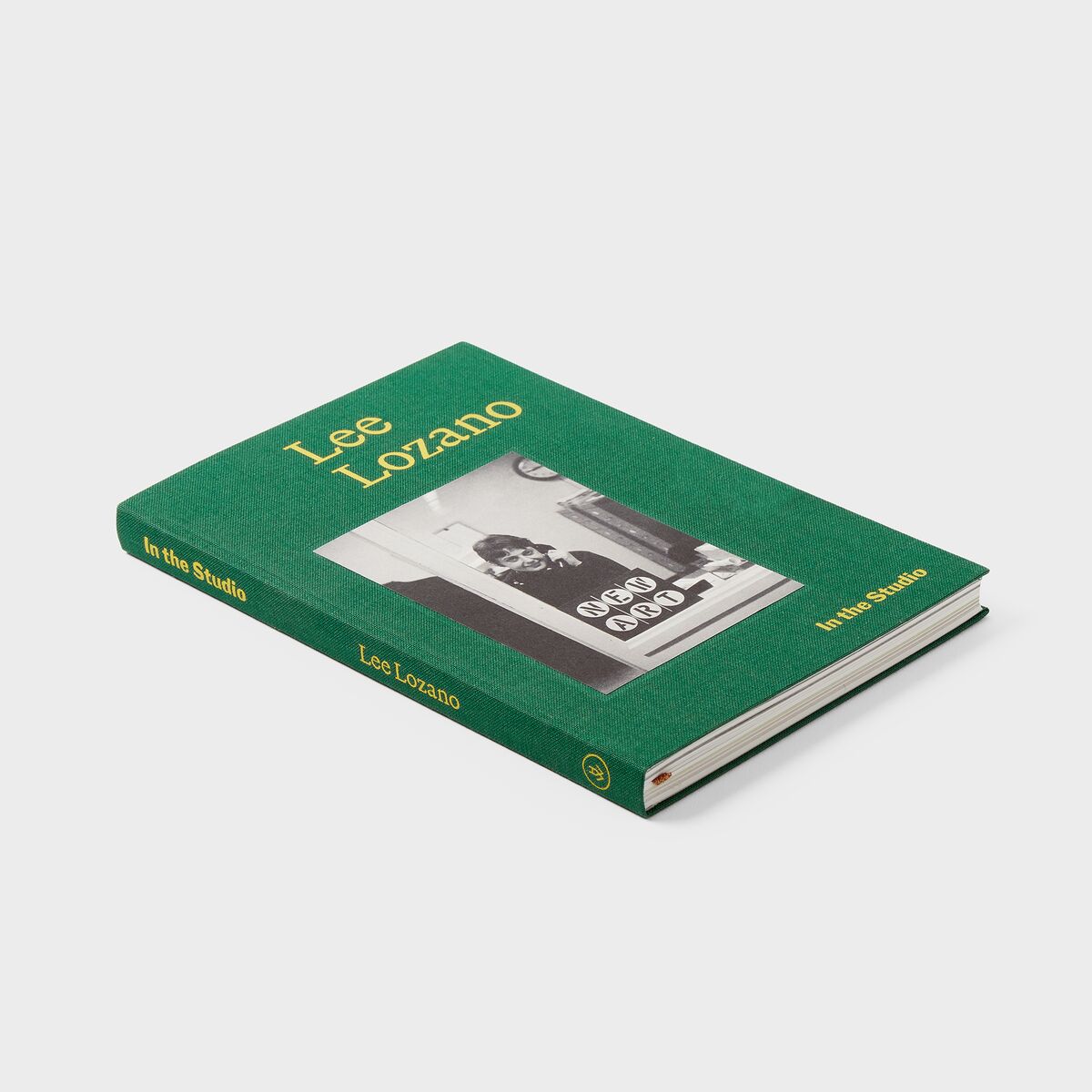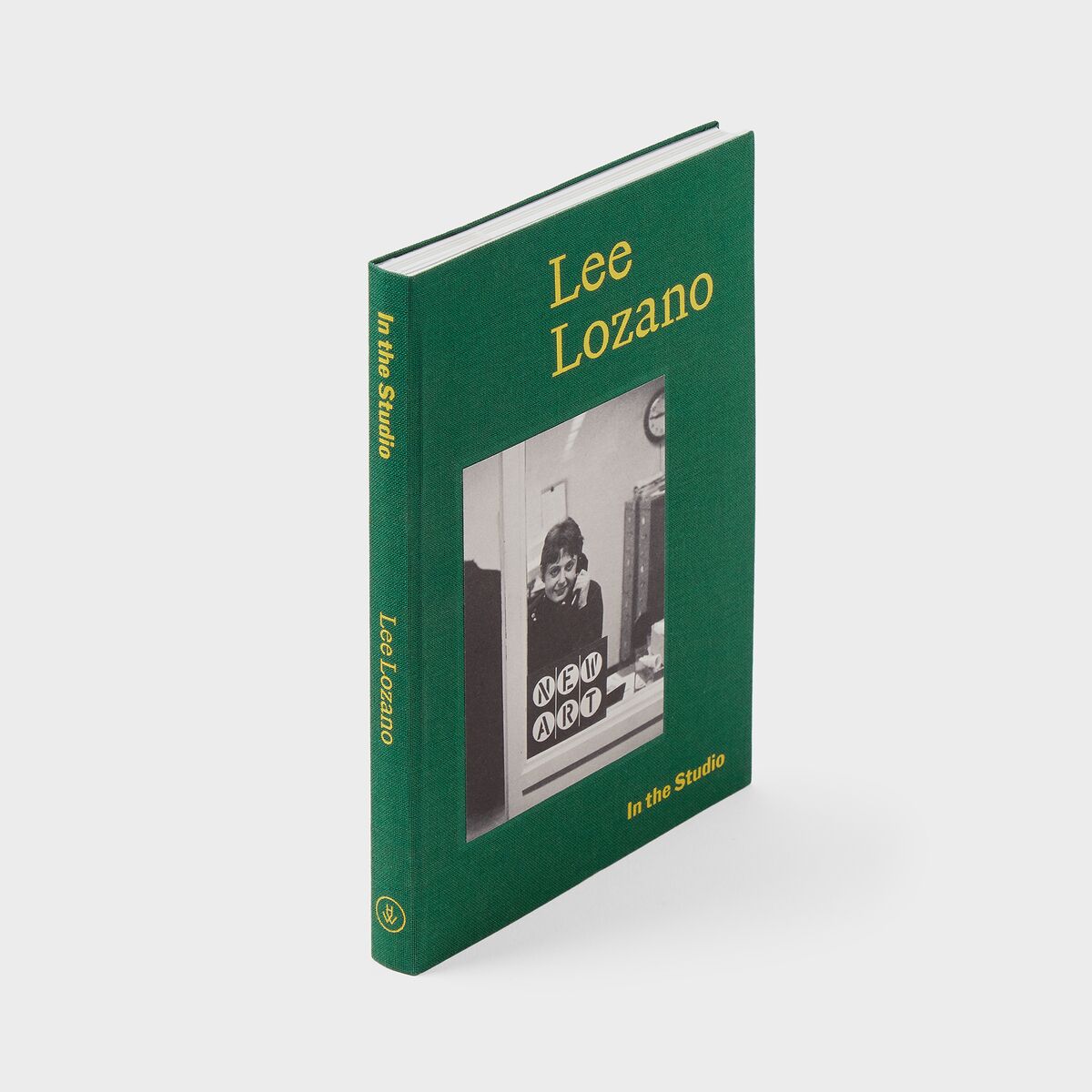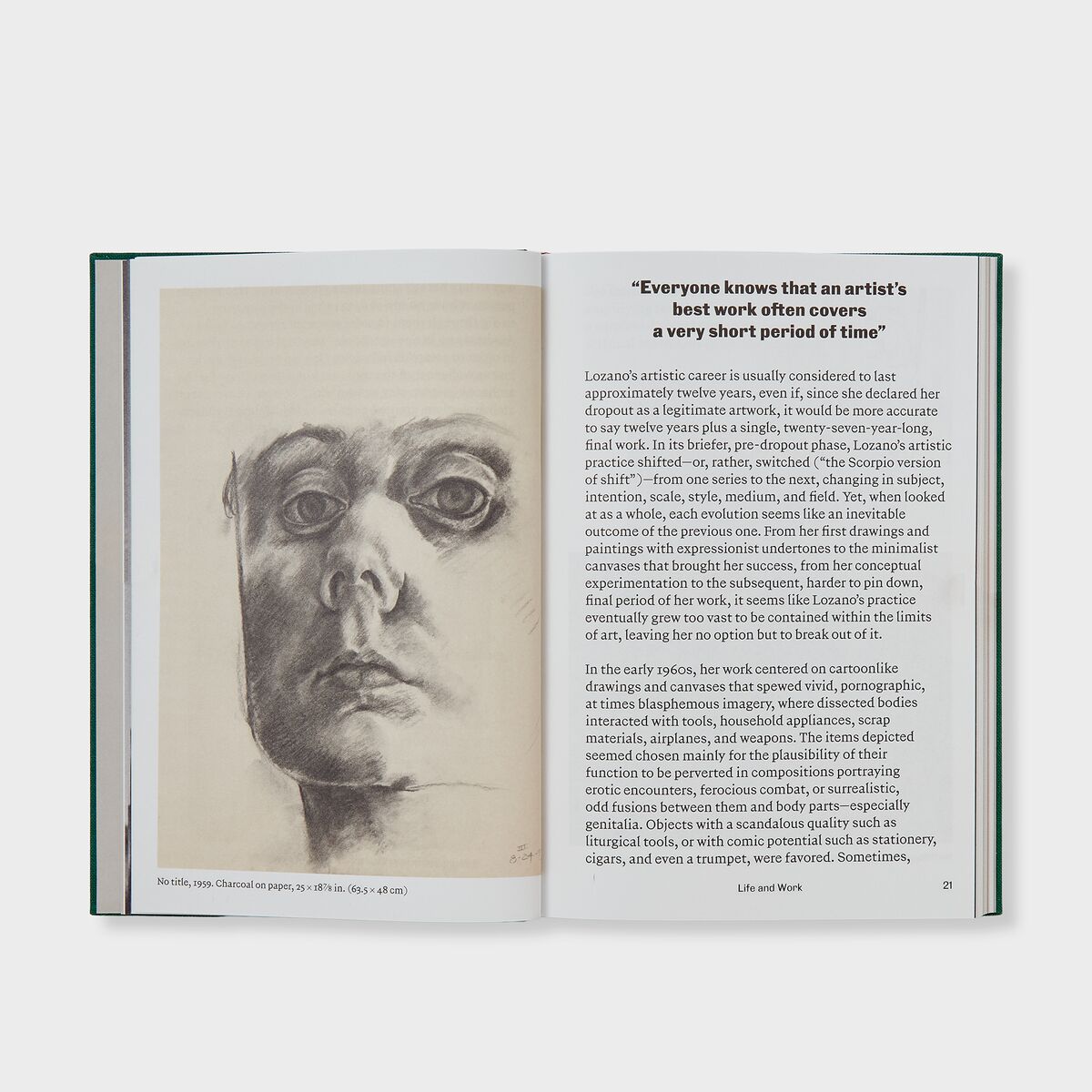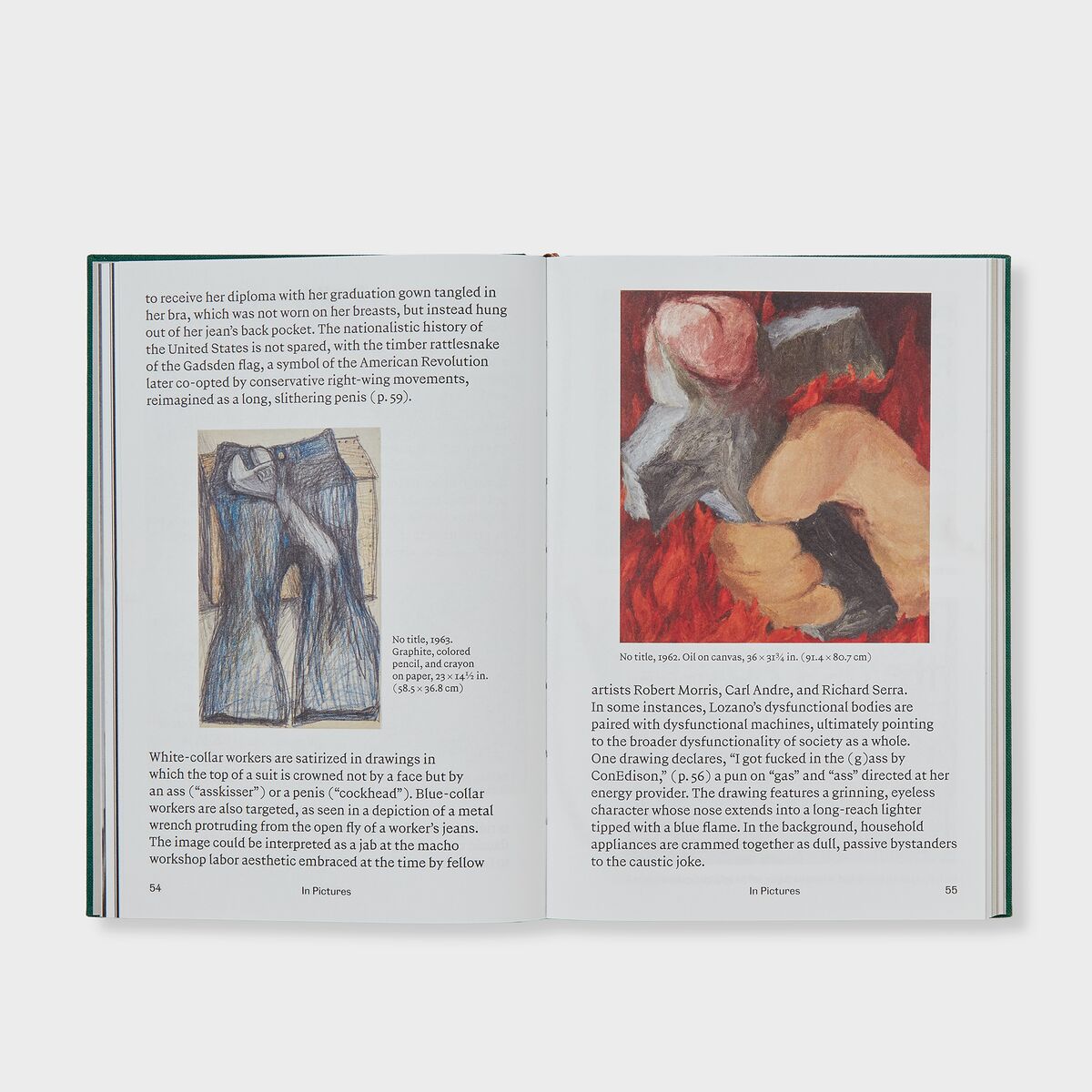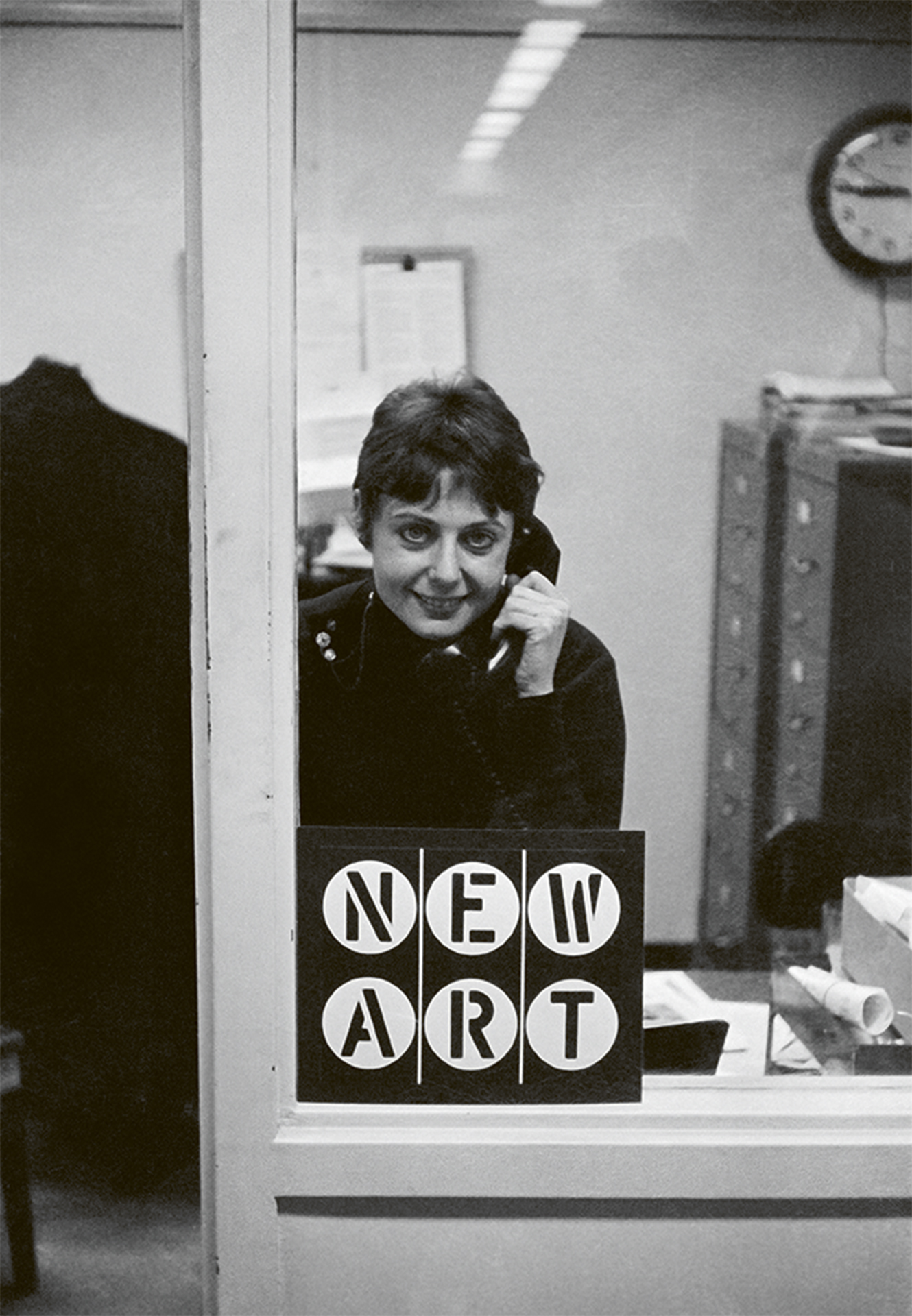
American artist Lee Lozano (1930–1999) produced a body of work of striking breadth and complexity, ranging from raucous figurative drawings and minimalist abstract paintings to the daring “Life-Art” pieces for which she is most celebrated.
1 / 7
In the Studio: Lee Lozano
- Hauser & Wirth Publishers
- Text by Lucrezia Calabrò Visconti
- September 2025 £18.99 / $21.99 / €20 / CHF 18 / HKD 180 An introduction to Lee Lozano’s pioneering practice—daring and provocative paintings, drawings and conceptual work.
In this guide to the artist’s life and work, writer and curator Lucrezia Calabrò Visconti examines the full force of Lozano’s singular practice and her radical refusal to conform to what was expected of her—in art or in life—culminating in her final conceptual gesture: a total withdrawal from the art world.
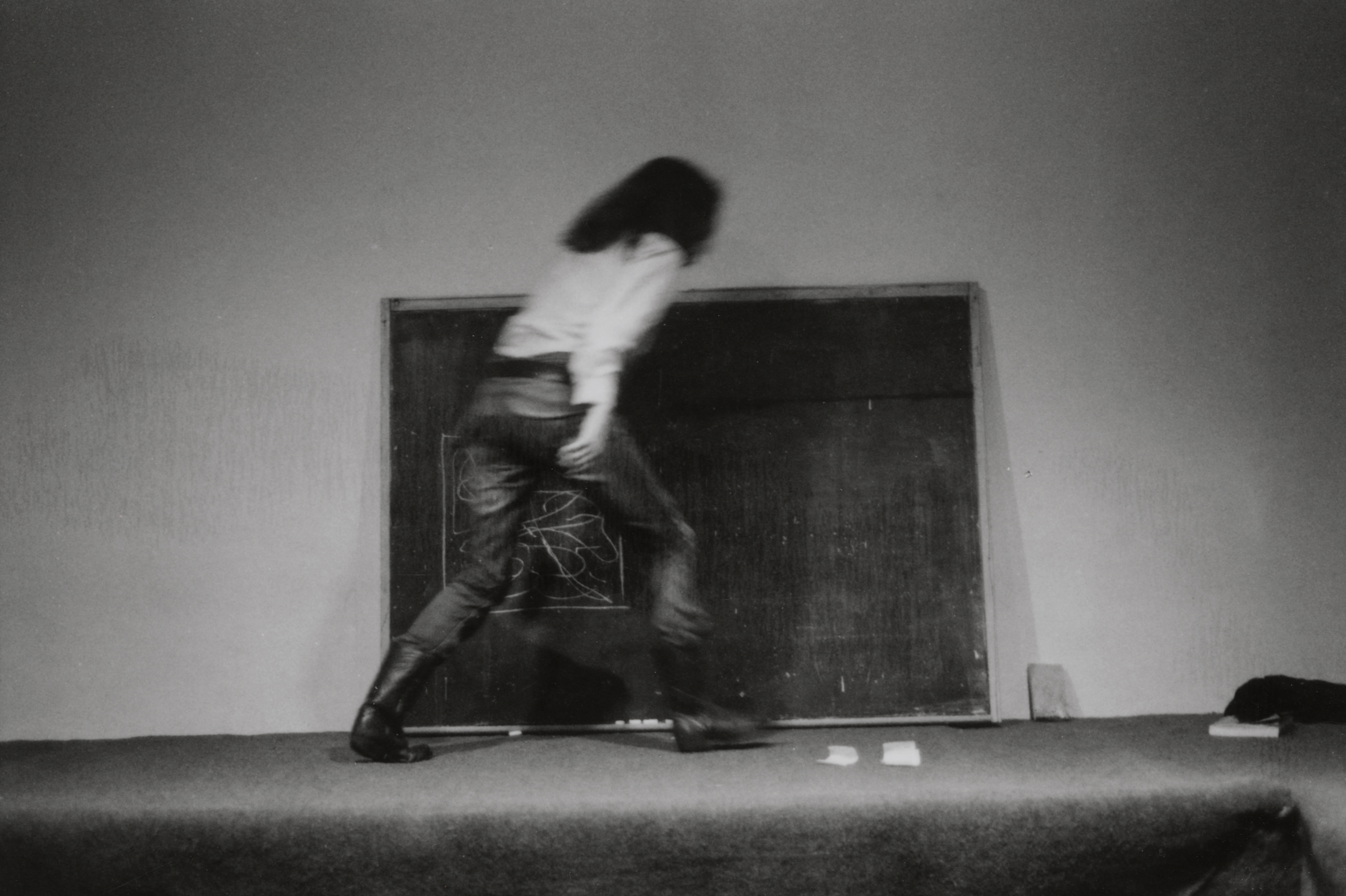
“Ideas are the most powerful thing in the world.”
Lee Lozano
Additional Resources

Study Resource
A guide for educators, students and anyone who would like to gain a deeper insight into the artist’s thought processes, sources of inspiration and studio life.
Learn more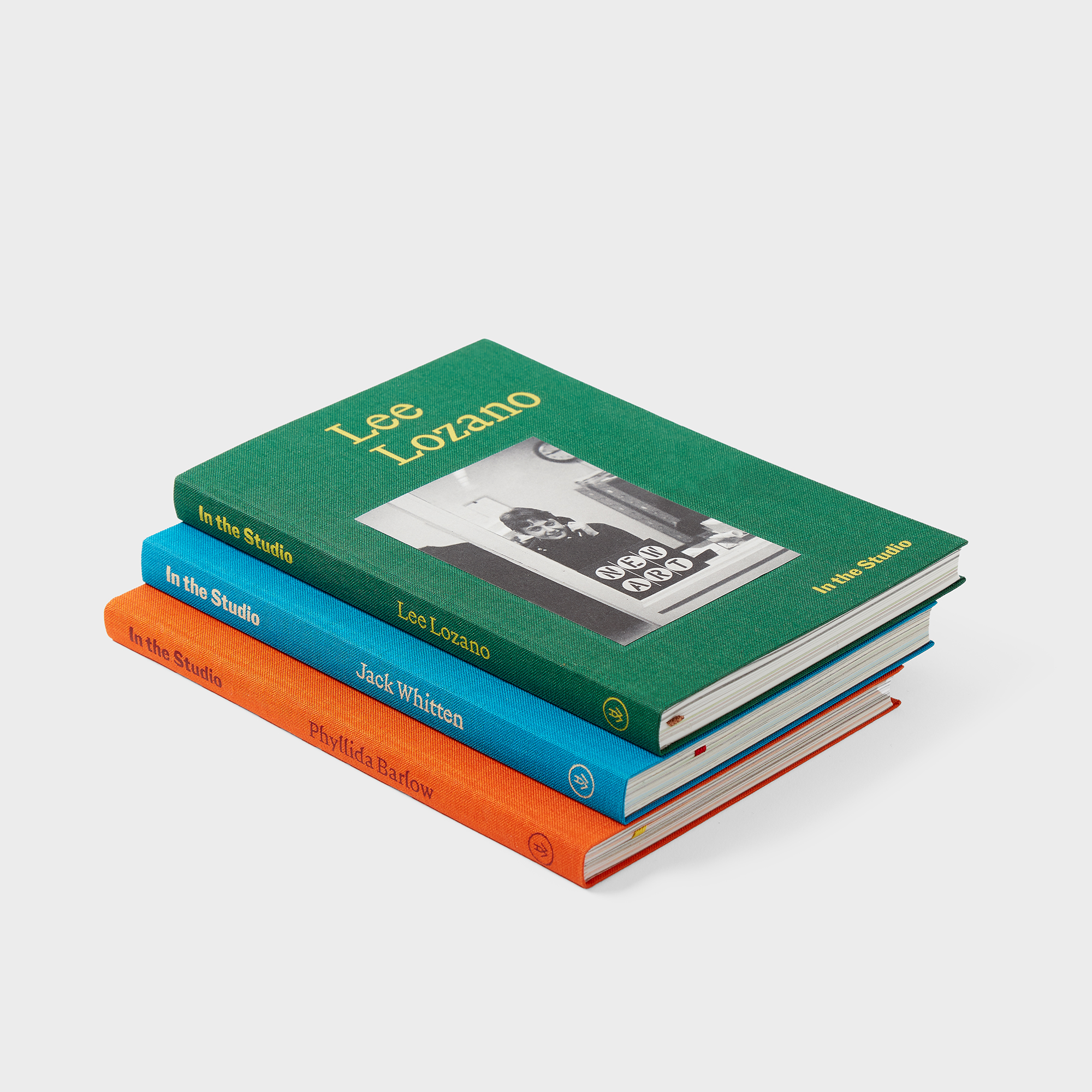
In the Studio
Explore a new series from Hauser & Wirth Publishers, gives readers a behind-the-scenes view of artists at work. Each book focuses on a major figure of twentieth- or twenty-first-century art offering an introduction to their influences, materials and techniques. Written by leading scholars and critics and generously illustrated, In the Studio titles are the perfect companion for art lovers and newcomers alike.
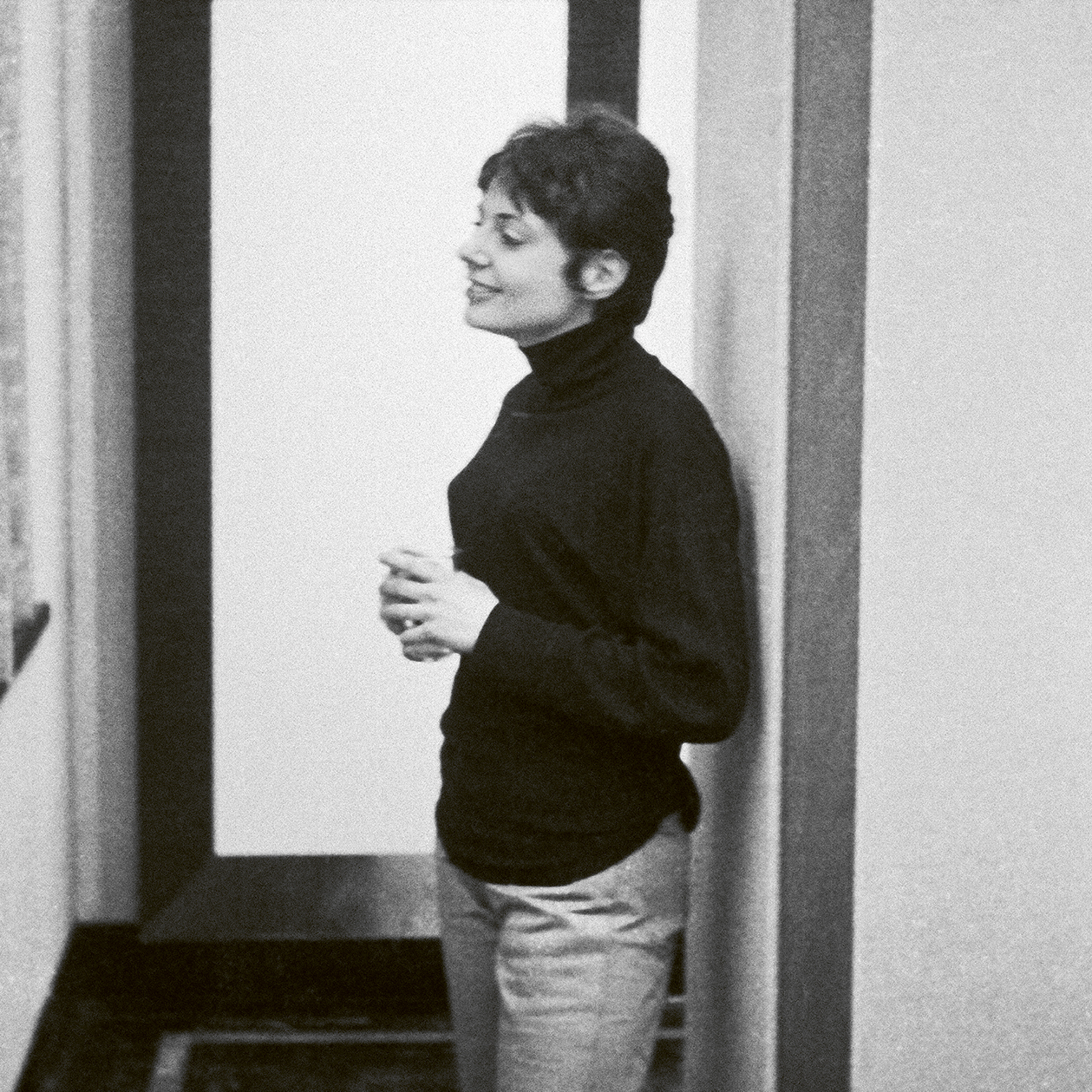
About the artist
Lee Lozano’s paintings are admired for their energy, daring physicality and tirelessness in investigating the body and issues of gender. Although lauded by Lucy Lippard in 1995 as the foremost female conceptual artist of her time, Lozano had disengaged herself from the New York art world completely by the early 1970s. She left behind a body of work of striking formal breadth and complexity. Lozano fought to consolidate her artistic self in a realm void of systems, rules, and group consciousness.
Lozano at the opening of The New Art, Davison Center, Wesleyan University, Middletown, Connecticut, 1964 © The Estate of Lee Lozano. Photo: Bill Wilson; Lee Lozano lecturing at the Nova Scotia College of Art and Design, Halifax, July 16, 1971 © The Estate of Lee Lozano
